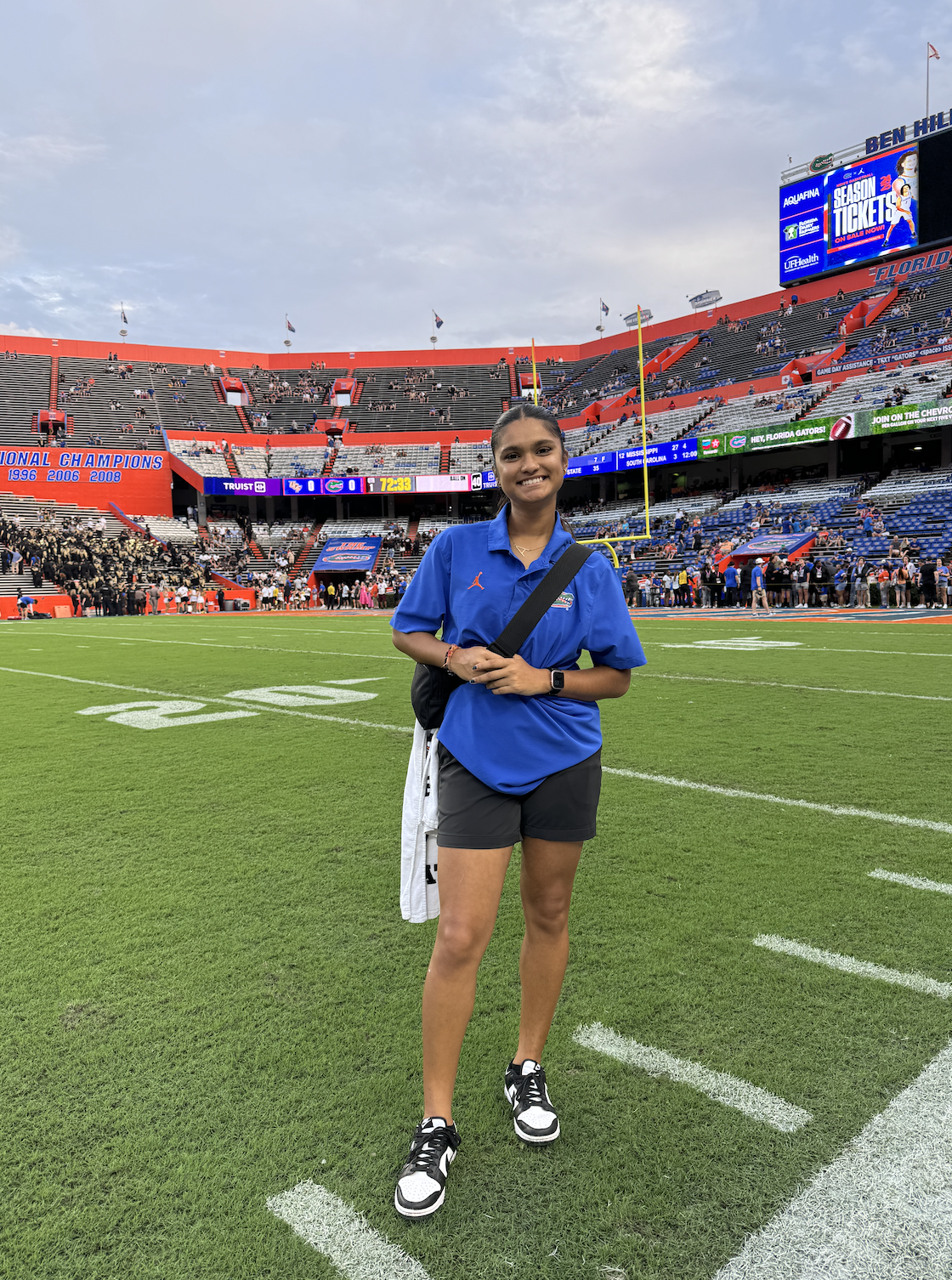Technical Standards for the MAT Program
The professional program leading to the Master of Athletic Training (MAT) degree requires a certain level of cognitive, behavioral, and technical skill and ability inherent in a professional education. The following technical standards describe non-academic qualifications considered essential for successful completion of the educational objectives of the MAT curriculum. Candidates and students must possess the ability to perform or ability to learn to perform the non-academic skills listed below.
Students may seek reasonable accommodations for a disability, medical condition, or temporary injury/condition by contacting Drake University's Office of Access and Success. The Office will determine a student’s eligibility for and, when warranted, approve appropriate accommodations and services.
In all cases, the integrity of the curriculum must be maintained, and all elements deemed essential to successfully complete the program must be preserved. Fulfillment of the technical standards for the program does not guarantee the ability to fulfill any specific post-graduation field or employment technical requirements. Candidates or students who have concerns about meeting the technical standards should contact the Assistant Dean of Student Affairs.
Observational Skills:
Candidates and students must have the ability to:
- Acquire information presented through demonstrations, experiments, and exercises.
- Evaluate a patient accurately at a distance and close at hand to assess relevant health, behavioral, and medical information.
- Obtain and correctly interpret information through patient assessment and evaluation.
- Obtain and interpret patient information via electronic health records while maintaining patient confidentiality.
Communication Skills:
Candidates and students must have the ability to:
- Communicate interactively with patients to elicit information.
- Interpret nonverbal communication displayed by patients.
- Communicate effectively and sensitively to enable effective patient care including verbal, written and nonverbal communication.
- Communicate effectively and efficiently with all members of the health care team.
- Clearly and accurately record information necessary to document patient health care.
Clinical Skills:
Candidates and students must have the ability to:
- Perform physical examination and assessment.
- Perform diagnostic and therapeutic maneuvers to provide patient care.
- Respond to emergency situations in a timely manner.
- Follow universal precaution procedures and applicable safety standards for the environment.
Intellectual, Conceptual, Integrative and Quantitative Abilities:
Candidates and students must have the ability to:
- Consistently, quickly, and accurately integrate information received.
- Integrate, analyze, synthesize, and interpret data in order to make decisions in clinical settings where there may be distractions.
- Perform clinical functions in a timely manner and under a high amount of stress in diverse clinical settings and patient populations.
- Perform clinical functions where others may be present.
- Perform basic mathematical functions and read and interpret information in an accurate and timely manner
- Integrate and process information promptly and accurately in a time-sensitive environment.
- Process information to solve problems, make decisions quickly, and respond immediately when necessary.
- Interpret causal connections and make accurate, fact-based conclusions based on available data and information.
- Formulate a hypothesis and investigate potential answers and outcomes to reach appropriate and accurate conclusions.
Behavioral and Social Attributes:
Candidates and students must have the ability to:
- Exercise good judgment.
- Promptly complete all responsibilities.
- Develop mature, sensitive, and effective relationships with patients and others (team members, families, caregivers, etc.).
- Effectively handle and manage heavy workloads and function effectively in stressful situations.
- Adapt to changing environments and display flexibility
- Function in the face of uncertainties inherent in patient care.
- Demonstrate compassion, integrity, concern for others, interpersonal skills, interest, and motivation.
- Accept feedback and respect boundaries.
- Care for all patients in an effective and respectful manner regardless of any protected status.
- Understand and function within the legal and ethical aspects of the practice of Athletic Training.
- Display ethical and moral behaviors commensurate with the role of an Athletic Trainer in all interactions.
The applicant should evaluate themselves for compliance with these technical standards. Students sign an acknowledgement during CPHS Professional Student Orientation confirming that they have received, read, and know all requirements in the program student handbook including program technical standards. The CPHS Office of Student Affairs and Enrollment Management maintains record of this acknowledgement.


